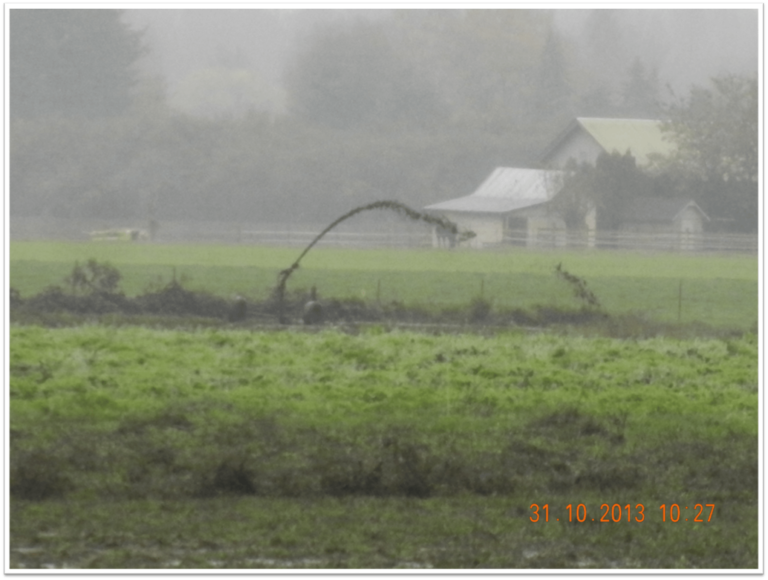Clean Water Act Victory in the Washington State Court of Appeals
By: Puget Soundkeeper

Originally published by Puget Soundkeeper, reposted with permission.
Soundkeeper and Partners Successful in their Challenge of a Statewide Agricultural Permit
Today is a landmark day for protecting communities and clean water in Washington State.
After a years-long advocacy effort launched by Soundkeeper, Waterkeeper Alliance, and a host of community partners in 2013, the WA Court of Appeals has ruled that State’s Department of Ecology must write stronger permits to regulate water pollution generated by operations at concentrated animal feeding operations (CAFOs). The Court’s decision, issued yesterday, rules substantially in our favor and agreed with our argument that this state-issued permit needed to be strengthened.
CAFOs are large-scale farm operations that produce animal products for food, including diary, eggs, and meat. CAFOs produce high volumes of animal waste that must be carefully managed so as to prevent waterway contamination and protect human health. An important way to ensure careful management is through compliance with a strong Clean Water Act permit, which are written and issued by the Department of Ecology. In 2017, Ecology issued permits that Soundkeeper determined weren’t protective of our waterways or our ground water and drinking water resources. Puget Soundkeeper, Waterkeeper Alliance, and our partners stepped in and appealed those permits; that litigation led directly to this court ruling.
In its opinion, the Court acknowledged the risks of pollution from CAFOs, including over-application of manure onto fields that drain into surface waterways (like lakes, streams and rivers) and manure lagoon seepage (through the ground) that contaminates drinking water.
The Court’s decision specifically rested on its assessment of the permit’s shortcomings; in its opinion, the Court said:
“We agree with Soundkeeper that the permits do not impose sufficient surface or groundwater monitoring requirements on CAFOs. Without water quality monitoring, the permits, as written, contain inherent contradictions that would render them unenforceable.” (p. 39)
The state’s permit wasn’t protective, wasn’t enforceable, and wasn’t good enough for our communities. Given these failings, we had asked the Court here to send this permit back to the state to bring it into line with what’s required by federal and state clean water laws, and the Court agreed.
Next, we look forward to working closely with WA Dept of Ecology as they rewrite these permits. We are committed to seeing this process through and will collaborate – with the state, with the regulated sector, and with communities – every step of the way.
We also acknowledge that some farms will have to work hard to comply with the new CAFO permits, once re-issued. We believe in their ability to meet the standards laid out by the Court in this rule, and we will look to their leadership and stewardship in the coming years to ensure that their operations protect our shared waters.
This decision affirms decades of work by community groups seeking to improve these permits. This work was only possible because of the support of our members, partners and collaborators. We are so thankful for this landmark decision to protect Washington communities and waterways, and we look forward to a brighter day where pollution from CAFO operations will be better controlled.